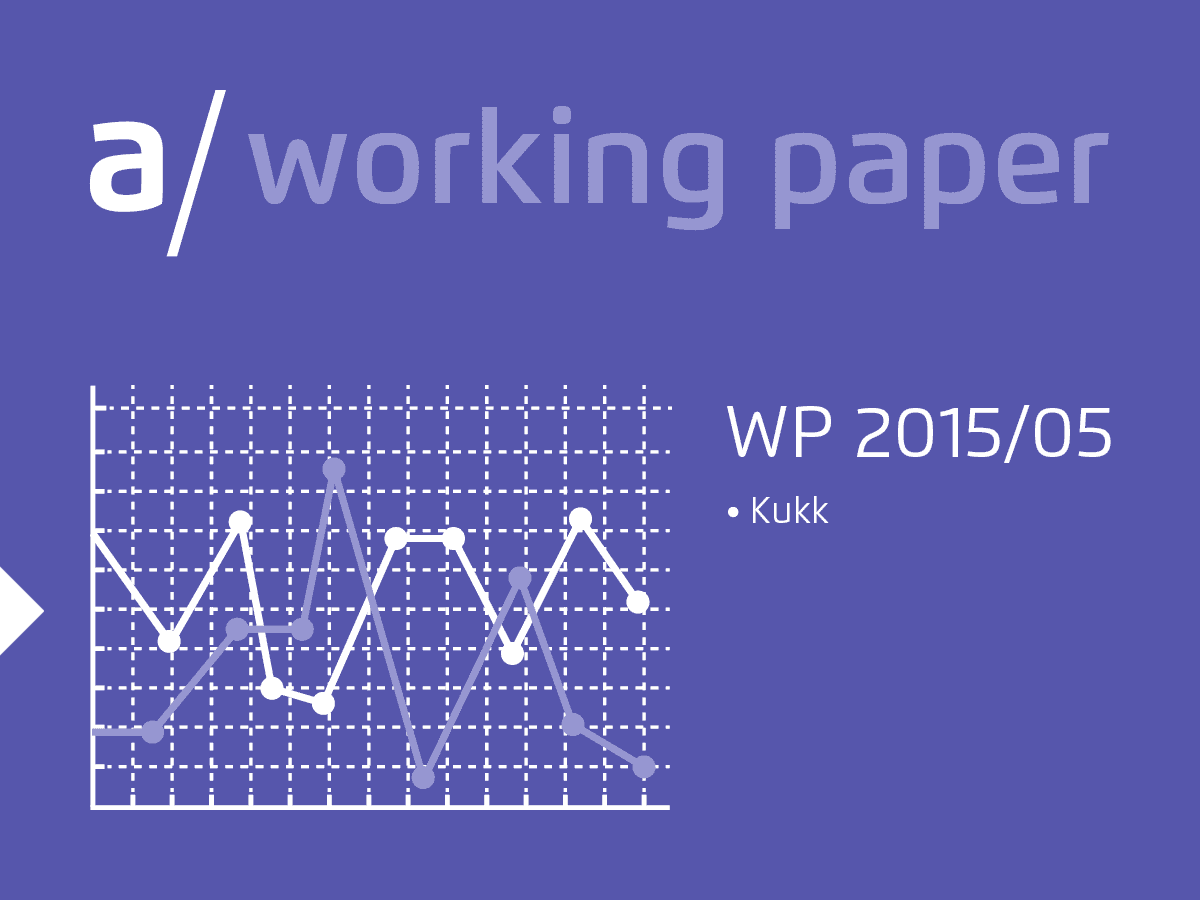The paper investigates the extent to which household indebtedness suppressed consumption during the economic downturn in 2008-2009. The paper uses a unique quarterly panel dataset containing financial information on over 100,000 individuals. The dataset covers the period 2005-2011, when there were large changes in credit volumes, income and consumption in Estonia, a new EU member country. The estimations show that indebtedness measured by the debt-to-income ratio and the debt service ratio hampers consumption over the whole business cycle. The negative impact of the debt service ratio is, however, substantially stronger during the recession than in the pre-crisis and post-crisis periods, while the negative effect of the debt-to-income ratio is relatively stable over the sample period. The findings suggest that household indebtedness is amplifying the recession and the debt repayment burden indicates the mechanism which is at work.
WP 2015/05: How Did Household Indebtedness Hamper Consumption during the Recession? Evidence from Micro Data

9 April 2015
- Authors
- Merike Kukk Università tecnica di Tallinn
- Keywords
- household indebtedness, debt repayment burden, debt-to- income ratio, amplification effect, recession
- JEL Codes
- E21, D14, E32

